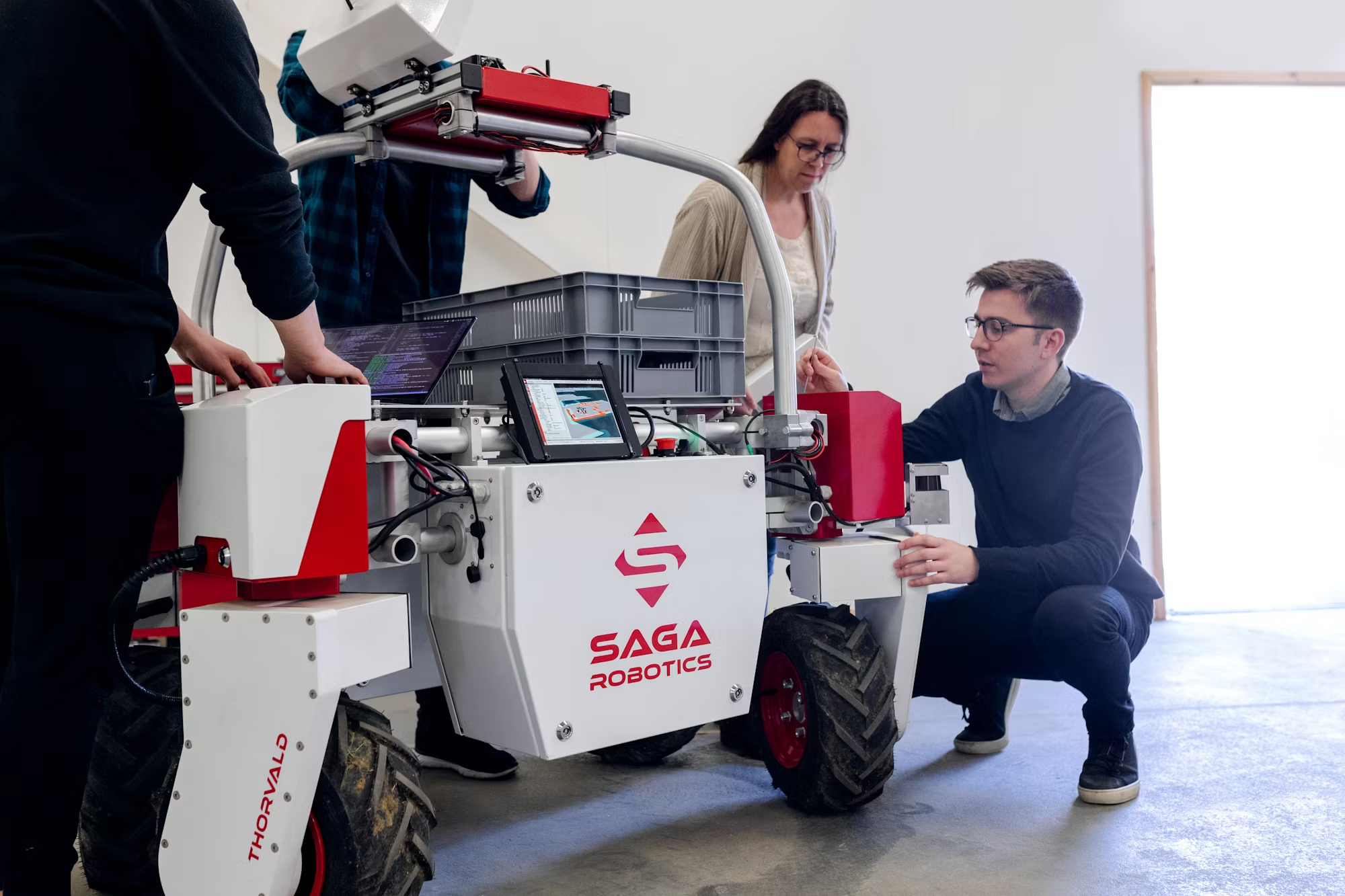Artificial intelligence (AI) is redefining industries across the globe, and software development is no exception. As technology continues to evolve, AI’s integration into the development process is streamlining workflows, enhancing productivity, and opening new avenues for innovation. This article examines how AI is shaping the future of software development, the benefits it offers, and what lies ahead for developers in this rapidly changing landscape.
At its core, AI encompasses a range of technologies designed to simulate human intelligence, enabling machines to learn from data, recognize patterns, and make decisions. In software development, AI applications can be categorized into several key areas: code generation, testing and debugging, project management, and user experience optimization.
One of the most exciting developments in AI is its ability to assist with code generation. Tools powered by AI, such as GitHub Copilot and Tabnine, use machine learning algorithms to suggest code snippets, complete functions, and even generate entire modules based on natural language prompts. This capability significantly reduces the time developers spend on repetitive coding tasks, allowing them to focus on more complex aspects of their projects. By leveraging AI for code generation, developers can enhance their efficiency and speed up the overall development process.
Additionally, AI-driven tools can analyze vast amounts of existing code to identify patterns and best practices. This analysis helps developers adhere to coding standards and implement proven solutions, resulting in cleaner and more maintainable code. Furthermore, AI can learn from historical data to make recommendations tailored to specific programming environments or frameworks, further streamlining the coding process.
Testing and debugging are also areas where AI is making a substantial impact. Traditional testing methods can be time-consuming and labor-intensive, often requiring manual intervention to identify and resolve issues. AI-powered testing tools, however, can automate this process by running tests, identifying anomalies, and even suggesting fixes based on previous experiences. These tools leverage machine learning to improve their accuracy over time, ensuring that applications are more robust and reliable.
Moreover, AI can facilitate continuous testing and integration, which are essential components of modern development practices such as DevOps. By automating testing processes, teams can deliver updates and features more rapidly without sacrificing quality. This integration of AI not only enhances the reliability of software but also allows for quicker responses to user feedback and market changes.
Project management is another critical aspect of software development that AI can enhance. AI algorithms can analyze team performance, project timelines, and resource allocation to optimize workflows and predict potential roadblocks. By leveraging these insights, development teams can make data-driven decisions that lead to improved efficiency and productivity. AI can also assist in task prioritization, ensuring that critical tasks are completed first and that teams are aligned with project goals.
User experience (UX) is increasingly becoming a focal point for software developers, and AI is playing a pivotal role in enhancing this aspect of applications. AI-driven analytics tools can analyze user behavior, preferences, and interactions to inform design decisions. By understanding how users interact with software, developers can make informed changes that enhance usability and satisfaction.
Additionally, AI can personalize user experiences by recommending features or content based on individual preferences. This level of personalization not only improves user engagement but also fosters brand loyalty, as users are more likely to return to applications that cater to their unique needs.
As AI continues to evolve, its influence on software development is expected to grow. However, the integration of AI into the development process does raise important considerations. Developers must remain vigilant about the ethical implications of using AI, particularly when it comes to data privacy and security. Ensuring that AI algorithms are trained on diverse and representative datasets is crucial to avoiding bias in applications.
Moreover, as AI takes on more responsibilities in development, there is a concern about the potential displacement of jobs. While AI can handle repetitive tasks, the need for skilled developers who can create, manage, and refine AI systems will only increase. Rather than replacing developers, AI should be seen as a tool that enhances their capabilities and allows them to focus on higher-level strategic tasks.
The collaboration between human developers and AI is likely to define the future of software development. As AI becomes more integrated into development workflows, developers will need to adapt and upskill, learning how to work effectively alongside AI systems. This partnership can lead to greater innovation, as developers are freed from mundane tasks and empowered to explore creative solutions to complex problems.
Looking ahead, the future of AI in software development appears promising. We can expect to see continued advancements in natural language processing, enabling even more intuitive interactions between developers and AI systems. Imagine a scenario where developers can describe their desired functionality in plain language, and AI generates the corresponding code, significantly reducing the time from concept to implementation.
Furthermore, the rise of AI-driven low-code and no-code platforms will further democratize software development, allowing non-technical users to build applications with minimal programming knowledge. This trend will enable a broader range of individuals to participate in the development process, fostering innovation across diverse fields.
In conclusion, the integration of artificial intelligence into software development is transforming the way applications are built, tested, and maintained. By enhancing code generation, testing, project management, and user experience, AI is enabling developers to work more efficiently and creatively. As the industry evolves, developers must embrace the opportunities presented by AI while remaining mindful of the ethical considerations involved. The future of software development is bright, and with AI as a valuable partner, developers are poised to create innovative solutions that shape the digital landscape for years to come.



